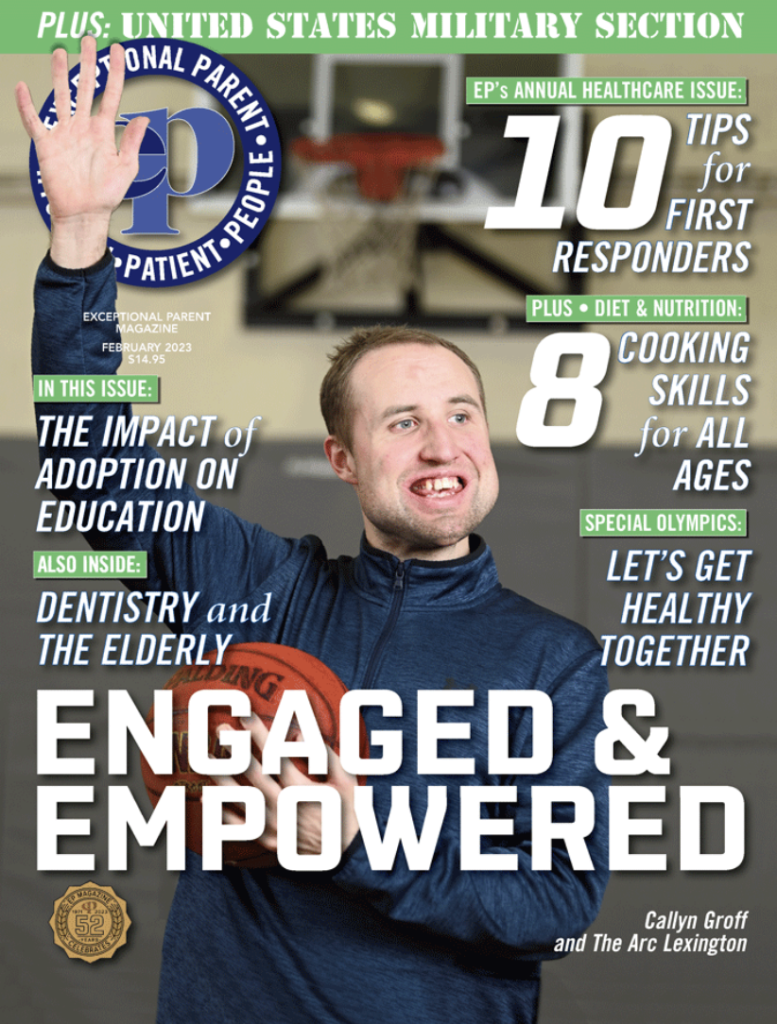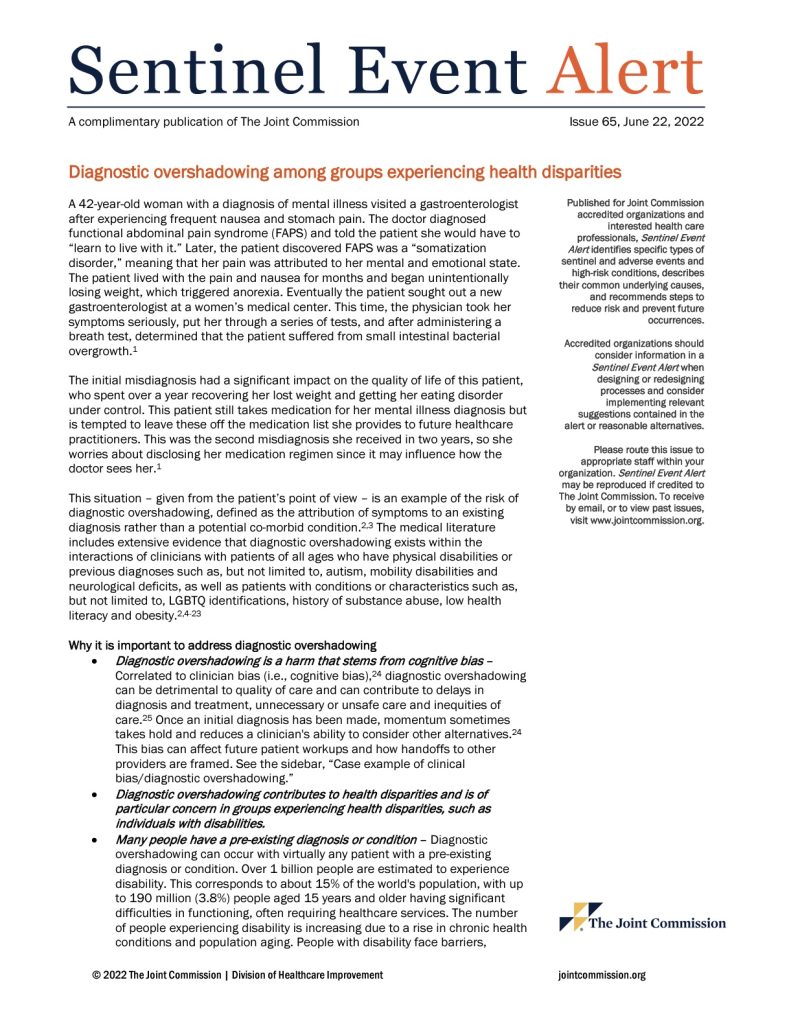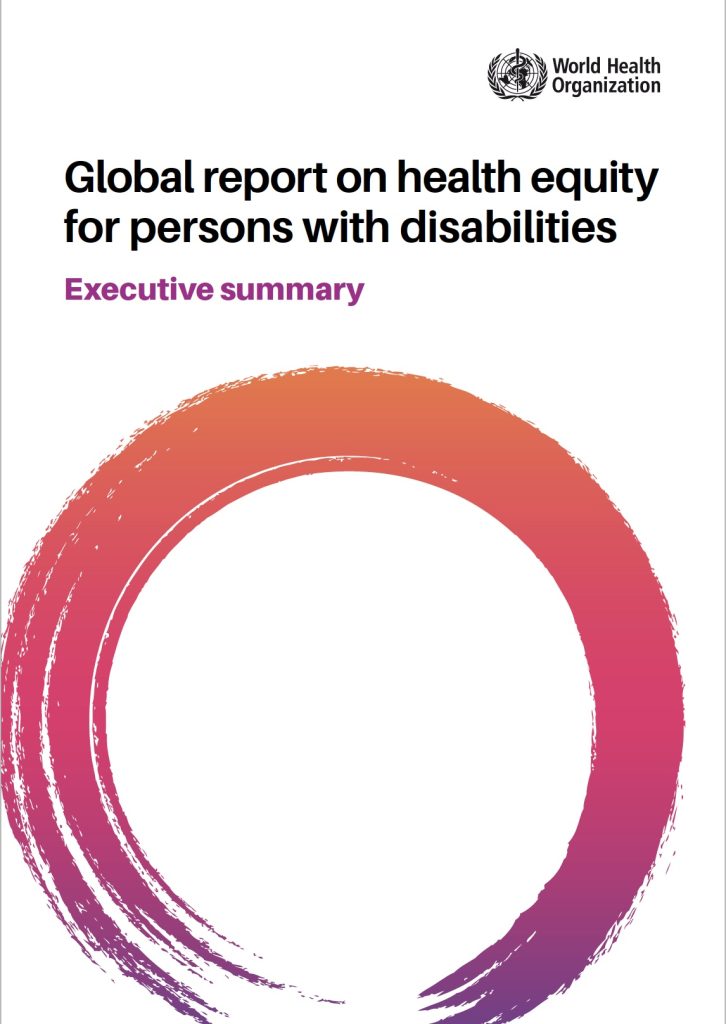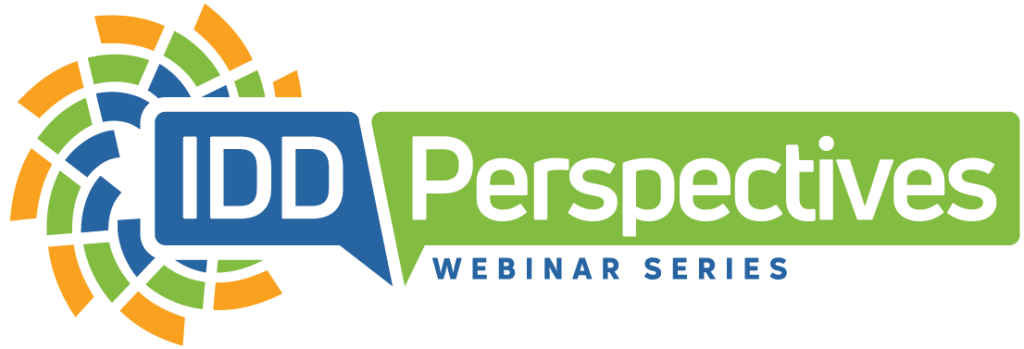
New Reports to Help You Advocate for Health Equity for People with Disabilities
In the last year, we have seen three significant announcements relating to improving healthcare for people with disabilities, including those with intellectual and developmental disabilities (IDD).
In this article, I’ll summarize all three. That’s my part. Your part as advocates for people with IDD is to use this information to inform legislators, physician groups, hospitals, insurance plans, managed care organizations, medical schools, nursing schools, dental schools, medical licensure boards, and other healthcare entities to TAKE ACTION to incorporate training and education for students, optimize physical environments to make them more accessible, and to build a healthcare system where people with IDD can receive equitable healthcare.
Source One: The National Council on Disability
February 2022 – The Release of the National Council on Disability’s Framework for Health Equity for People with Disabilities.
The NCD’s framework “provides a roadmap for fixing systemic barriers within our healthcare system and references many examples of the well-documented health disparities and inequities that demand action for over 61 million people with disabilities.” The framework calls for five significant changes and thirty-eight other recommended changes to foster health equity for all. The five core components include:
- Designating people with disabilities as a Special Medically Underserved Population (SMUP) under the Public Health Services Act
- Designating people with disabilities as a Health Disparity Population under the Minority Health and Health Disparities Research and Education Act
- Requiring comprehensive disability clinical-care curricula in all US medical, nursing, and other healthcare professional schools and requiring disability competency education and training of medical, nursing, and other healthcare professionals
- Requiring the use of accessible medical and diagnostic equipment
- Improving data collection concerning healthcare for people with disabilities across the lifespan.
The additional thirty-eight items cover a wide range of recommendations, including making medical offices “sensory-friendly,” creating an “essential disability benefits” list of home and community-based services, mandating Medicare coverage for many services specifically beneficial to people with disabilities, including dental coverage, and mandating that health plans include a person with a disability in the peer review process for claims, among others.
Source Two: The Joint Commission

June 2022 – The Joint Commission issues Sentinel Event Alert 65: Diagnostic Overshadowing Among Groups Experiencing Health Disparities
The Joint Commission is the premier global driver of healthcare quality improvement and patient safety. They accredit organizations through an objective process that helps healthcare organizations measure, assess, and improve their performance, focusing on assisting them to deliver safe and high-quality healthcare. They issue Sentinel Event Alerts whenever a particular danger is identified that can impact health and safety.
In June 2022, they issued a sentinel event alert on diagnostic overshadowing. Diagnostic overshadowing is a term used to describe a situation where a particular sign or symptom a person is exhibiting is attributed to the person’s IDD diagnosis rather than looking for a potentially treatable underlying cause. This type of misdiagnosis can have a significant negative impact on the person. Imagine if someone who does not use words to communicate is experiencing pain from a dental abscess and can only express that pain by hitting herself on the cheek over and over. To the untrained eye, this behavior might be attributed to the intellectual disability rather than looking for an underlying cause. The person might suffer for weeks, months, or even years without ever receiving a proper diagnosis causing significant physical and emotional trauma to the person.
Source Three: The World Health Organization

December 2022 – The World Health Organization (WHO) releases its Global Report on Health Equity for Persons with Disabilities.
The WHO estimates that 1.3 billion people experience a significant disability worldwide. This estimate includes those with IDD. Their 296-page report calls for change to the overall healthcare system to promote health equity for people with disabilities.
One of the points is that achieving health equity for people with disabilities benefits society as a whole, including older people, people who experience temporary limitations, and people living with chronic conditions. There are calls for “transformative disability conscious medical education, training and practice,” which, instead of focusing on “curing the abnormal,” would present disability as one of many diversity factors around which a range of structural barriers and systemic disadvantages influence health outcomes.” This comprehensive report contains numerous recommendations to achieve health equity for people with IDD.
Use these reports in your advocacy to work towards improving health equity for people with disabilities.
Think of the connections you have developed with people in positions to make changes. Print these out and deliver them to clinicians you visit. Email these links to legislators and licensing boards. Call your legislators and inquire if they are aware of these reports.
As the collective voice of people with IDD, advocates, self-advocates, families, and health professionals grows,
it will become a driving force for change.




